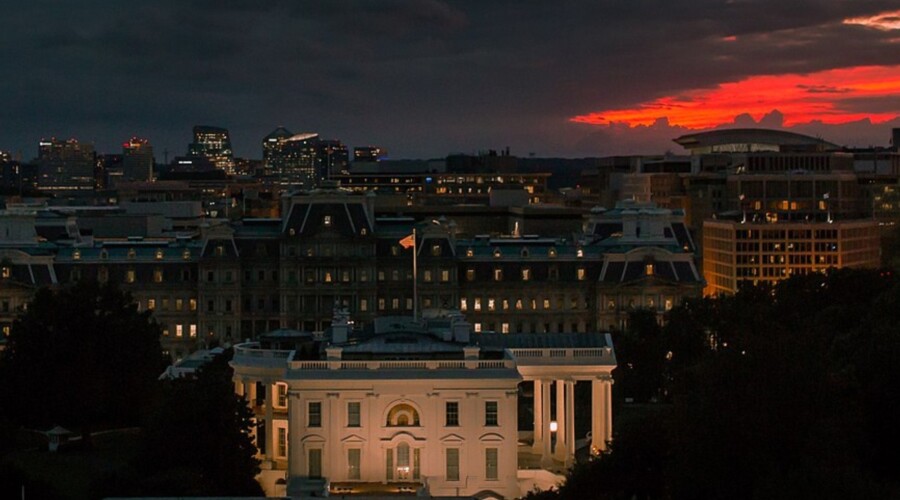Export

Originally published on August 19, 2003.
The projection of American power inspires the great debate of our time. Is the United States a twenty-first century empire, and if so, what kind? If “empire” is not the right term, what is?
The debate arises from simple observation. American military might has turned from quick, lethal regime change in Afghanistan and Iraq to the long-term responsibilities of nation-building. American economic and political muscle has created and maintained an integrated world economy and the political institutions that support it. America’s soft power – its culture and values – continues to radiate outward through its strengths in popular culture, higher education, and technological innovation. New political alliances and commercial networks have been forged and old ones have become strained as the United States uses its multidimensional influence to shape the pattern of global politics.
Many people object to the notion of the United States as an imperial power. Their objections range from the pejorative connotations of the term – conjuring up images of subordination and exploitation – to discomfort with the idea of applying this concept to a nation that was originally founded in opposition to imperial rule. As U.S. defense secretary Donald Rumsfeld famously told al-Jazeera, “We don’t do empire.”
For others, however, the notion of empire as conventionally conceived is apt. It accounts for a nation that is now so powerful it no longer has to care about its reputation with other states, acting in ways that some consider selfish and destabilizing.
However one sees the United States — as a relatively benevolent superpower or as a “rogue” hyper-power – we inevitably return to the fact that it occupies an unrivaled position in the world today, a point driven home by its willingness to act with such alacrity and self-assurance in Iraq. As Jedediah Purdy puts it in his book, Being America (2003), “There is no need to admire or accept this characterization of American power, but there is no escaping the need to understand it… . The idea of American empire is part of the world’s landscape, as familiar elsewhere as it is alien to Americans.”
Moreover, in avoiding the “empire” question, we avoid pondering the moral responsibilities such far-reaching power entails. In his book Empire, Niall Ferguson points to the positive legacy of British imperialism, in particular the propagation of liberal values that are now enshrined within civic institutions such as courts and schools. Does American empire aspire to the liberal model, enhancing security and prosperity for all rather than achieving territorial conquest – or is it attempting something rather different?
The exercise of power raises high emotion and concern, and rightly so. But it should also set into motion thoughtful reflection. The Carnegie Council will provide the space for this approach throughout the coming year, beginning with a special section on empire in Ethics & International Affairs, with articles by Jedediah Purdy and others, as well as a September Merrill House breakfast with Niall Ferguson. Let the debate begin.




